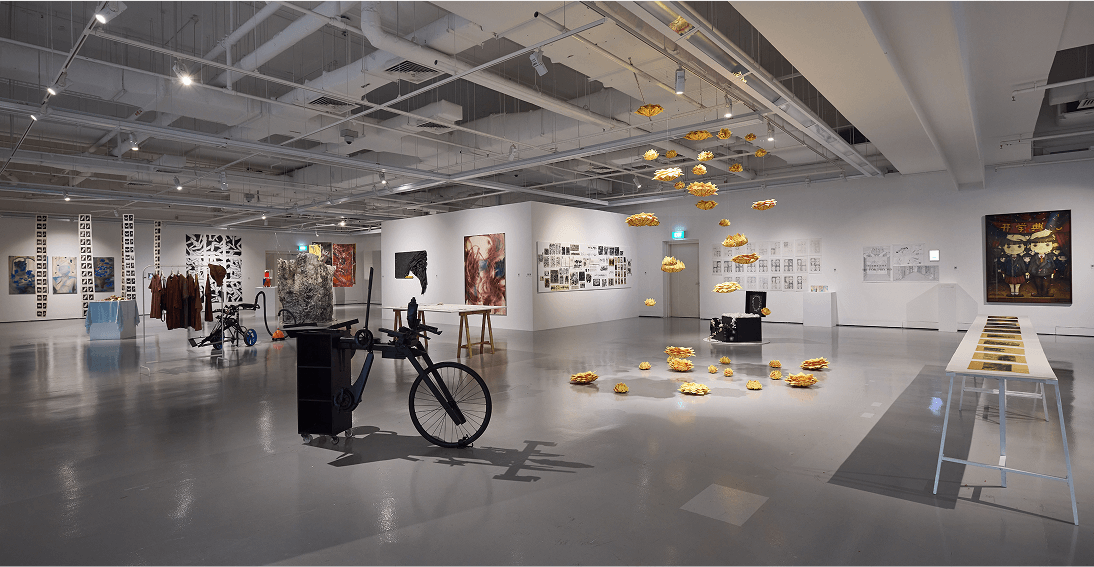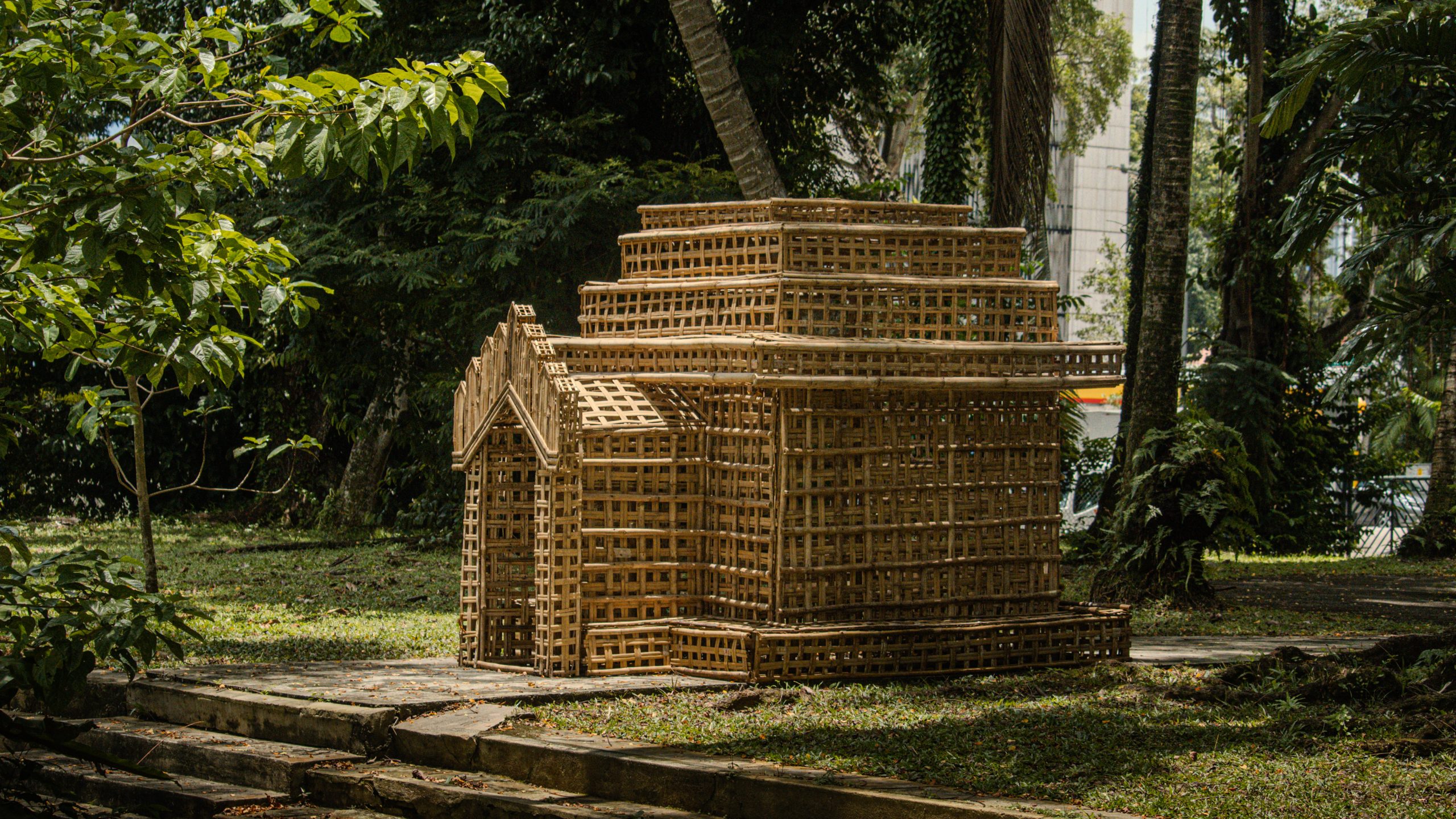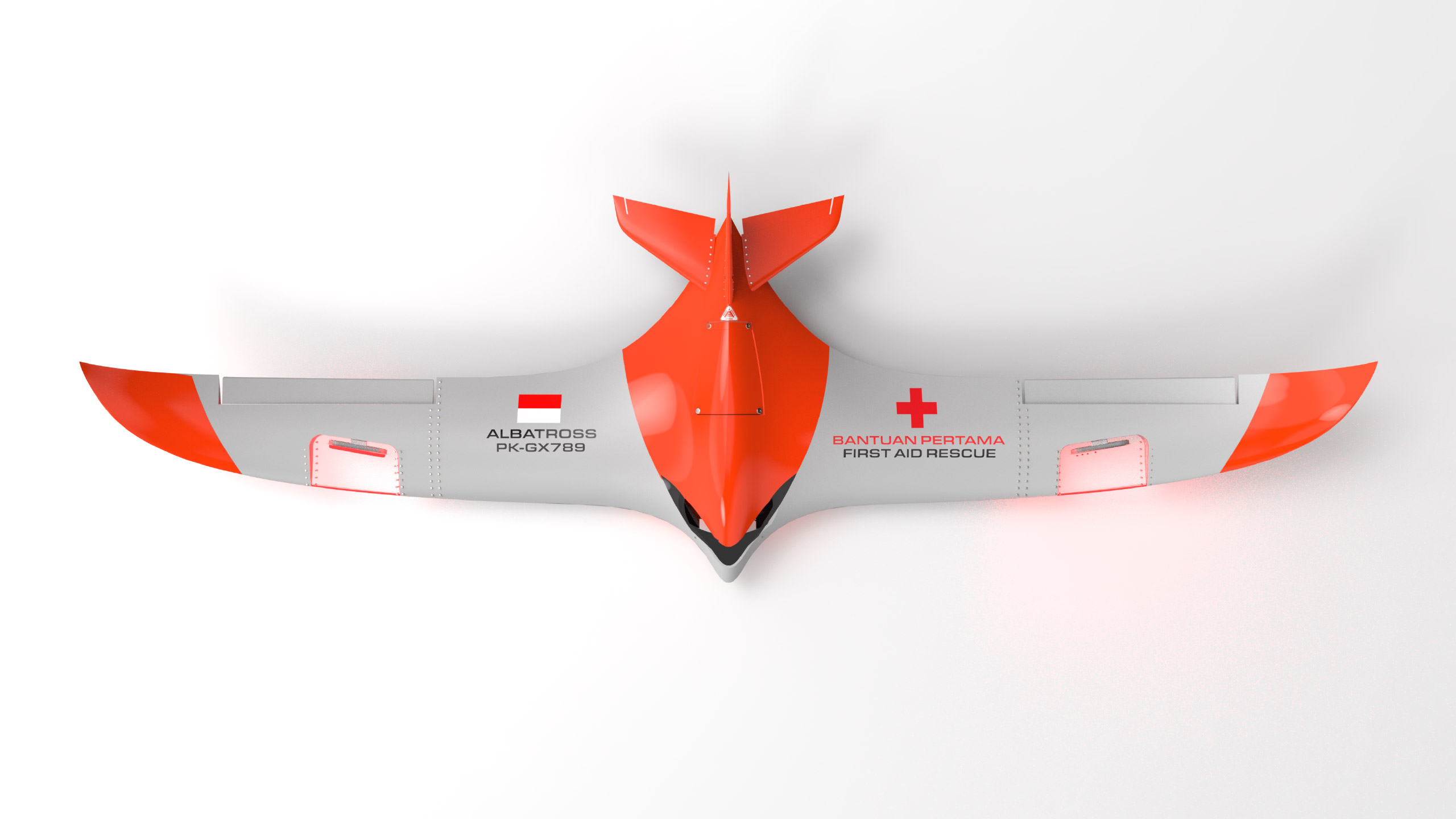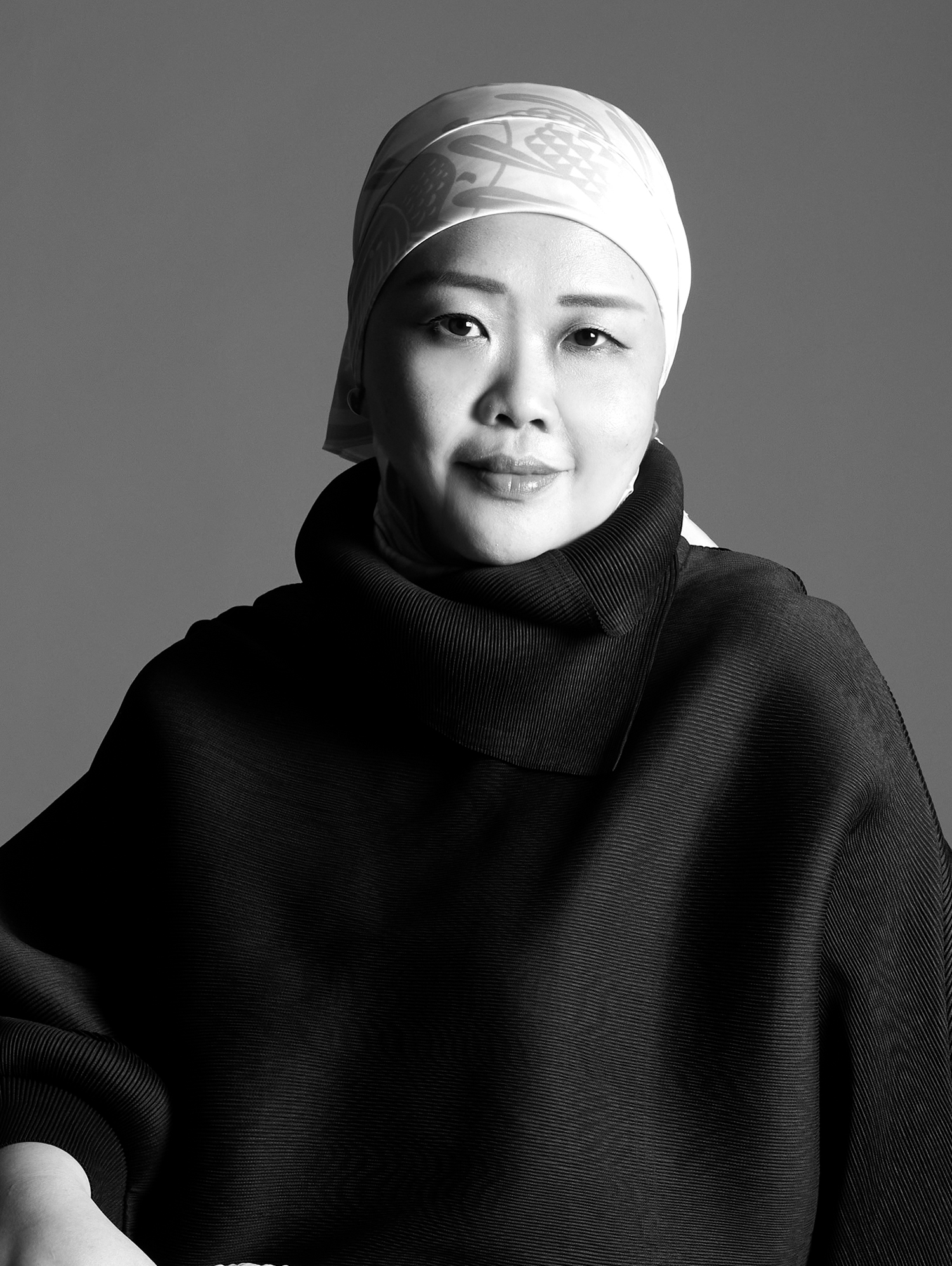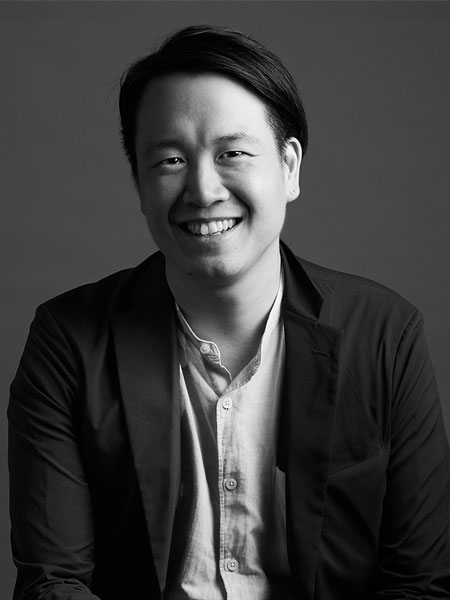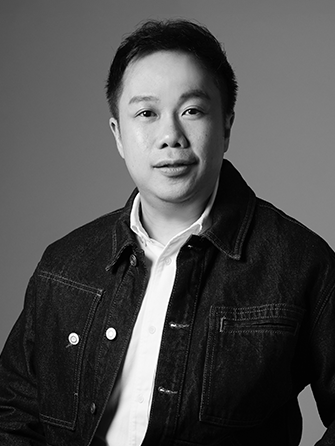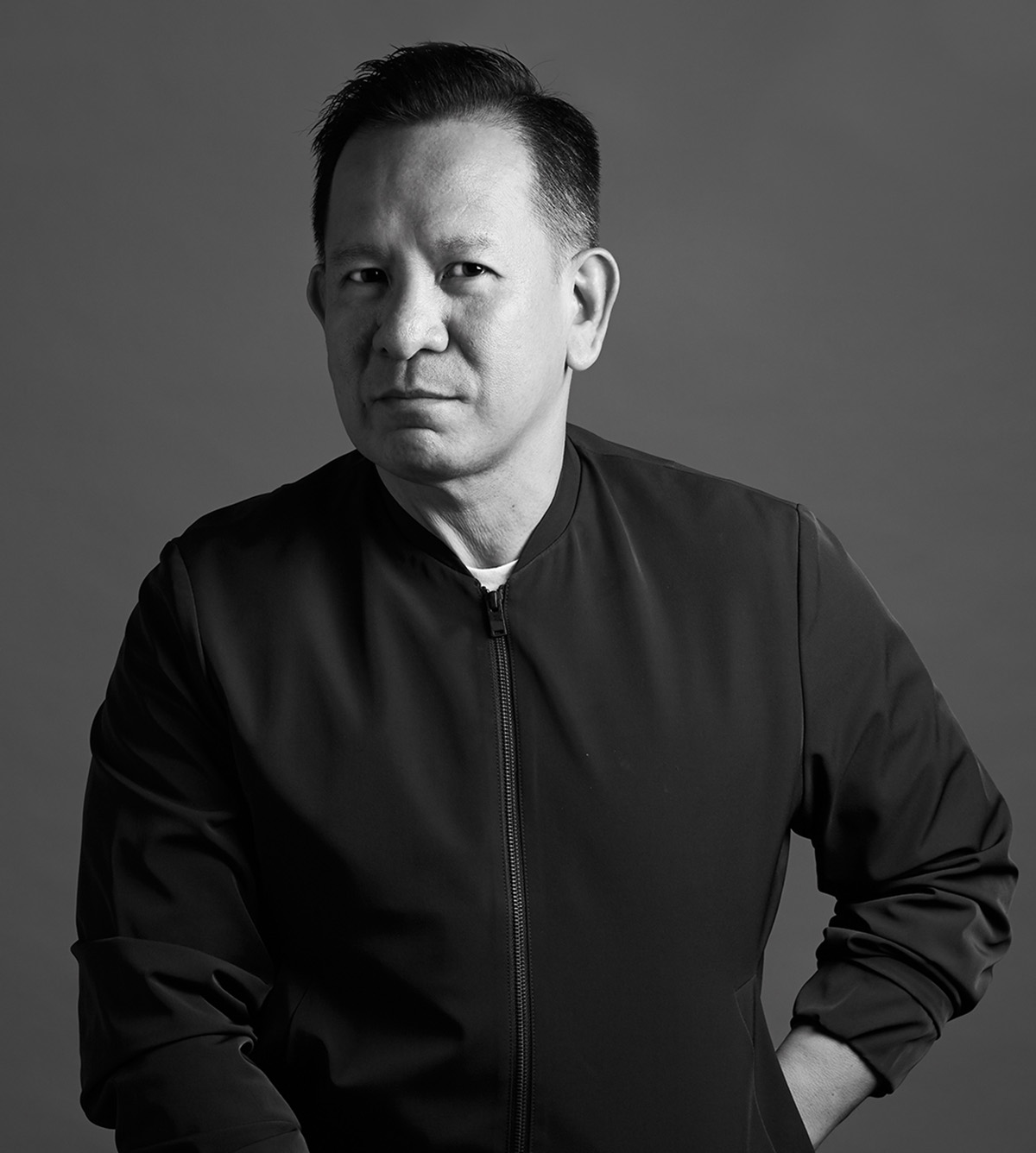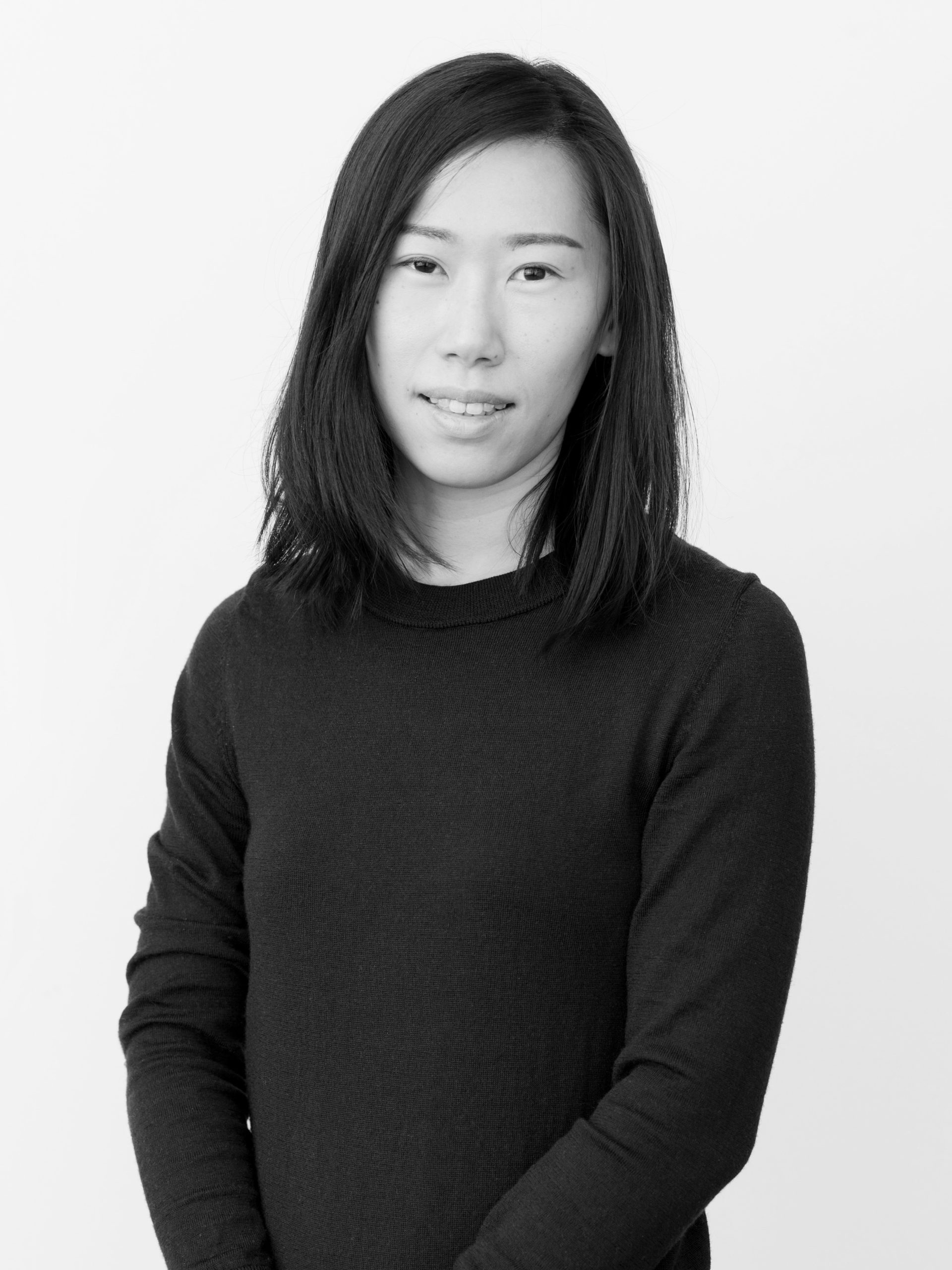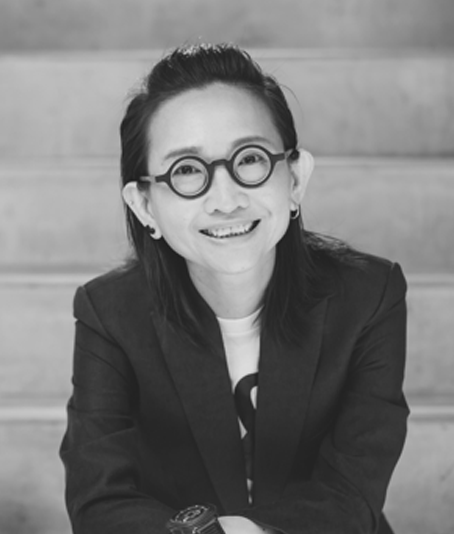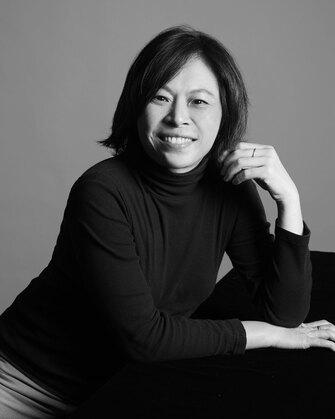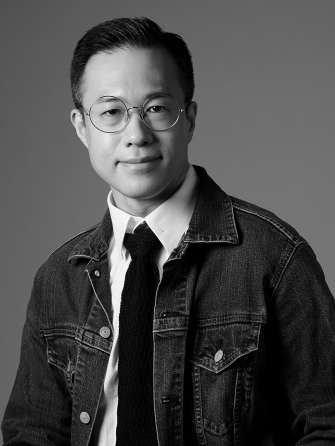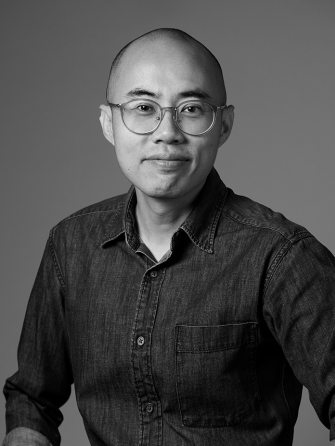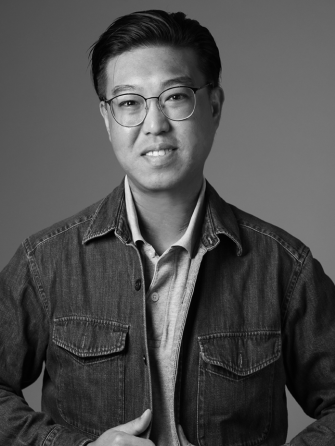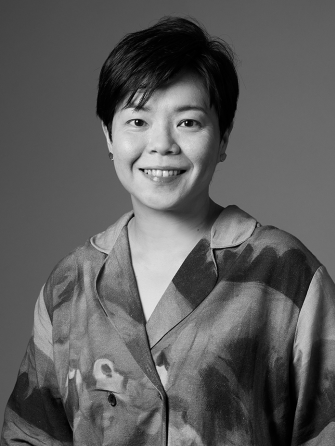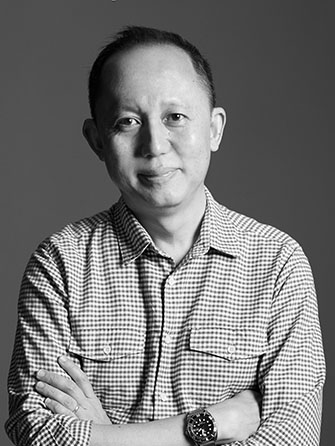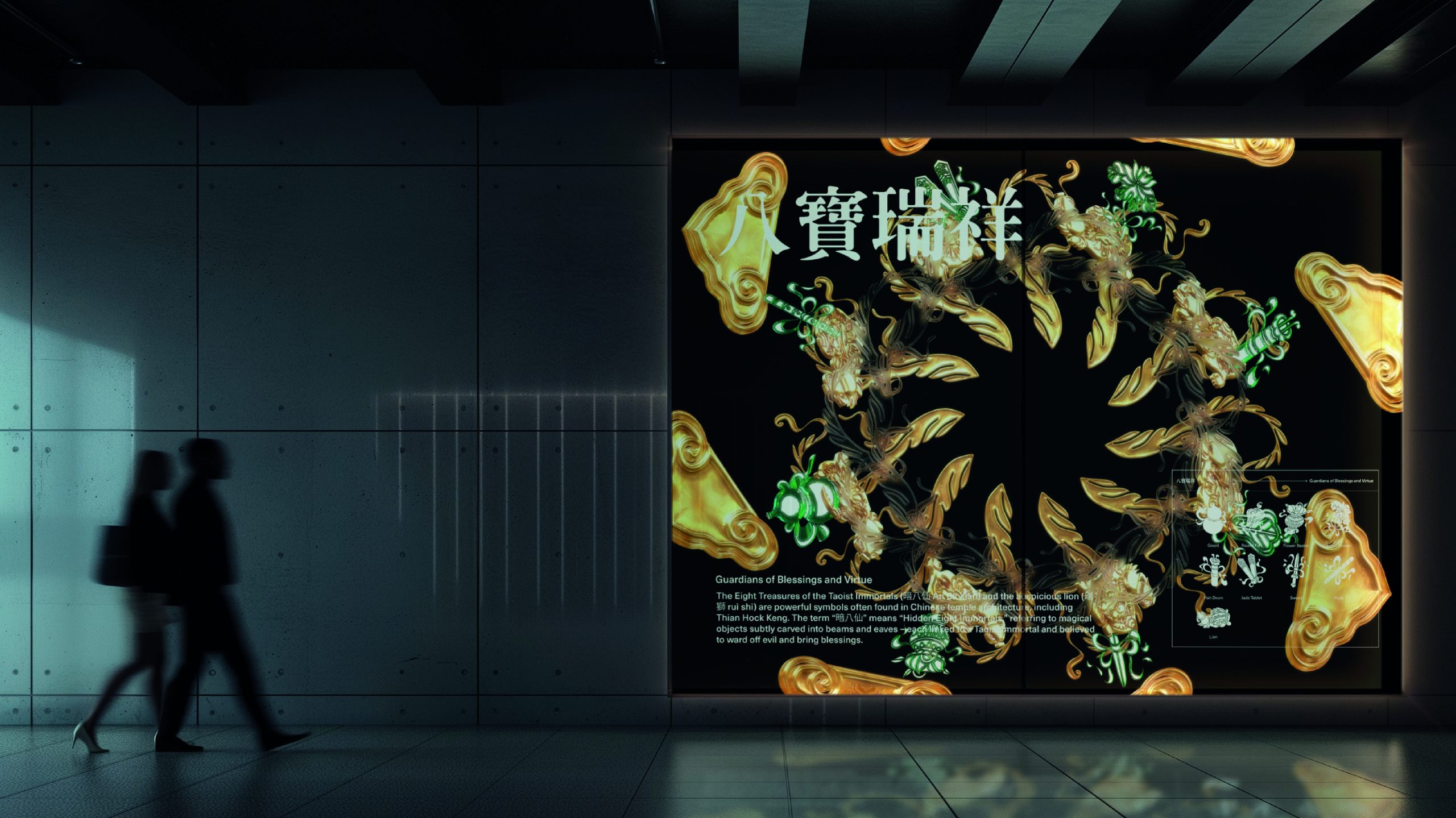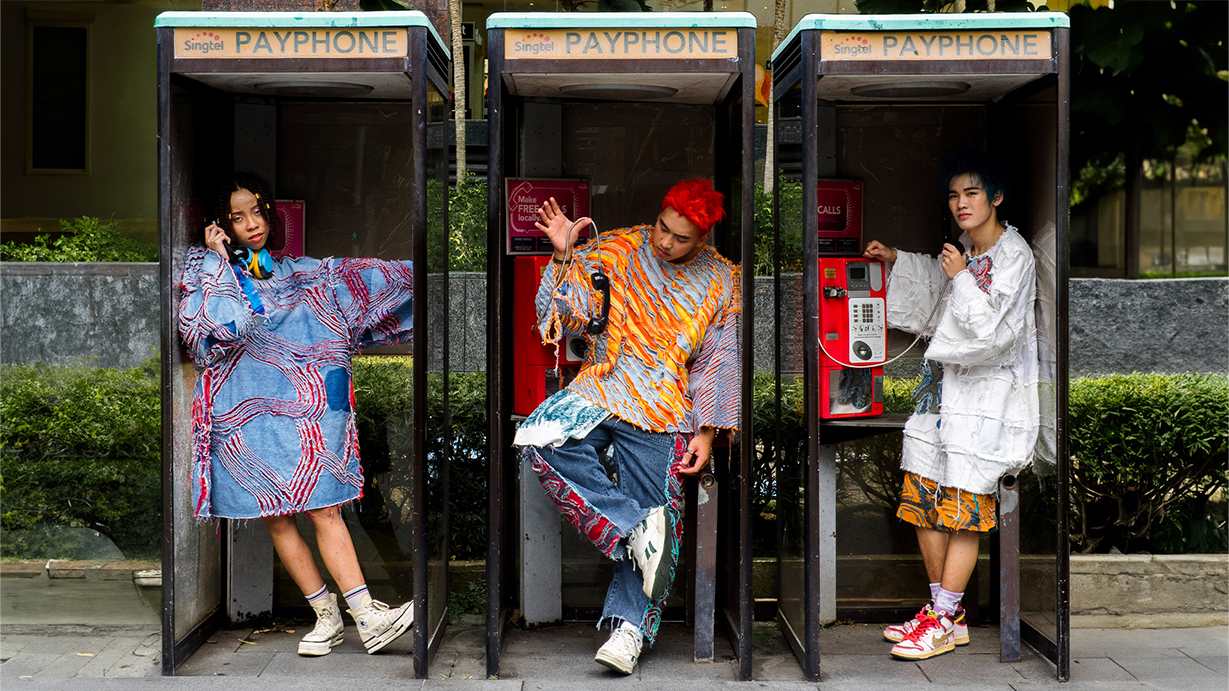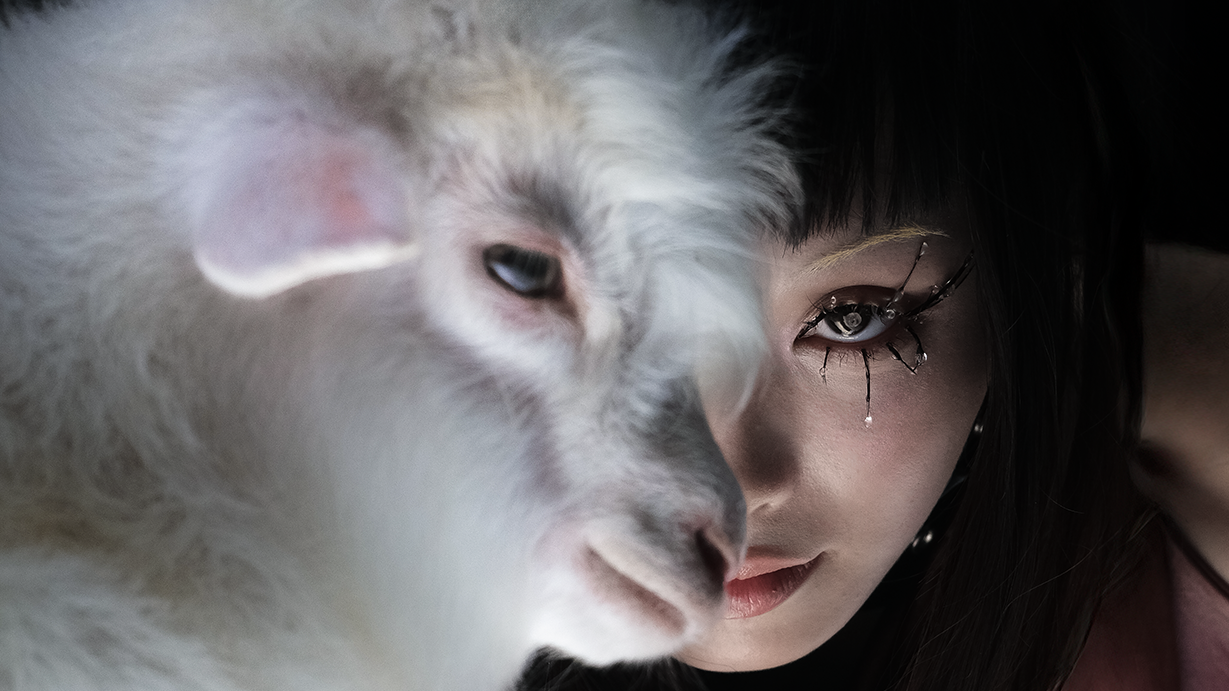Apply by 31 Jan 2026
Application outcomes will be announced by 18 Mar 2026
Applications will close once the programme seats have been filled up. Please note that the timeline provided serves as a general guide. Actual outcome release dates may vary.
For local applicants only:
Shortlisted applicants will be contacted for an interview from Feb 2026 onwards.
Application outcomes will be announced progressively by May 2026.
Programme details
Redefine, challenge and create new user experiences in the global arena.
Product design is about people, processes, methods, objects and meaning-making. The design field facilitates the transformation of everyday life’s social, cultural and economic processes, especially in an uncertain and complex world.
The BA (Hons) Product Design programme aims to develop a breed of professionals who possess a broad range of skills to work across sectors and disciplines. Through analytical thinking, design research and empathy, you will be at the forefront of user-centred creators of tangible and intangible products that exist within the interdependent network of material and immaterial interactions.
Through rigorous training in software-specific skills that enable practical ‘making’ aspects of this discipline, this programme also believes in cultivating critical thinkers who can prospect and respond effectively to disruptions through theoretical underpinnings rooted in speculative and futures-thinking principles as well as cultural studies. As an inherently future-oriented discipline, product designers are cultural producers, facilitators and value creators in growing global markets.
Our pedagogy engages design practice through contextual underpinnings linking theory to practice. An awareness of the issues pertinent to contemporary design is emphasised and reflected incrementally through various levels of learning.
Immersive studio-based environment
Emphasis on user research and technical understanding
Real-world skills and experience
|
Year 1 |
||
|
Product Design Studio 1A |
20 credits |
|
|
Technical and Professional Studies 1A |
20 credits |
|
|
Cultural and Contextual Studies 1A |
20 credits |
|
|
Product Design Studio 1B |
20 credits |
|
|
Technical and Professional Studies 1B |
20 credits |
|
|
Cultural and Contextual Studies 1B |
20 credits |
|
|
Year 2 |
||
|
Product Design Studio 2A |
20 credits |
|
|
Technical and Professional Studies 2A |
20 credits |
|
|
Cultural and Contextual Studies 2A |
20 credits |
|
|
Technical and Professional Studies 2B |
20 credits |
|
|
Cultural and Contextual Studies 2B |
20 credits |
|
|
Product Design Studio 2B |
20 credits |
|
|
Year 3* |
||
|
Dissertation |
60 credits |
|
|
Graduation Project |
60 credits |
|
- Studio project
- Technical assignment
- Pop quiz
- Written assignment
- Research proposal outline
- Dissertation
|
The LASALLE BA (Hons) framework is a curriculum model that provides you with discipline-specific solid fundamentals while supporting you to acquire a wide range of transferable skills to prepare you for the future economy and rewarding professional life. The core curriculum forms the bedrock of the creative discipline in which you will be specialising. The focal points of the core curriculum are: |
|
|
Performance/studio practice |
Through performances and studio practices, you will be able to formulate a reflective understanding of the interplay between theory and practice within your discipline. Transferable skills such as divergent and lateral thinking and problem-solving are cultivated. |
|
Techniques and skills |
You will acquire specific techniques and skills to achieve a comprehensive mastery of your discipline at the end of Year 3 to enter the respective sector you are trained. |
|
Contextual studies |
You will learn to synthesise, critically evaluate and challenge the assumptions of the various processes, structures and practices. Contextual studies will help you to understand and explain where, how and why your ideas fit in your discipline. |
|
Global experiences |
LASALLE enhances your creative practice by exposing you to socioculturally different educational settings and nurturing global citizenship. You will have the opportunity to undertake semestral exchanges with established partner institutions up to a maximum of 60 credits. |
|
Common Curriculum |
The UAS Common Curriculum supplements the core curriculum to support you in acquiring a broader range of proficiencies, thus enabling you to respond flexibly to changing professional and sector demands. These non-credit bearing graduation requirements consist of:
|
LASALLE uses a 5–point Grade Point Average (GPA) system, which will be applicable to all students admitted to Year 1 and students admitted to Year 2 of UAS programmes with effect from AY2024/25, to track students’ academic progress throughout their studies.
Students receive letter grades for each module taken. Each grade corresponds to a grade point as shown below:
| LETTER GRADE | GRADE POINT |
| A+ | 5.0 |
| A | 5.0 |
| A– | 4.5 |
| B+ | 4.0 |
| B | 3.5 |
| B– | 3.0 |
| C+ | 2.5 |
| C | 2.0 |
| D+ | 1.5 |
| D | 1.0 |
| F | 0.0 |
The Cumulative Grade Point Average (CGPA) represents the grade point average of all modules attempted by the student. A minimum CGPA of 2.00 is required for graduation.
The computation of CGPA is as follows:
All modules, including repeat attempts, are included in the computation of the CGPA with the exception of modules that are exempted or where students were absent with valid reasons.
The classification of award and corresponding CGPA requirement are as follows:
| CGPA RANGE | CLASSIFICATION OF AWARD |
| 4.50 – 5.00 | Honours (Highest Distinction) |
| 4.00 – 4.49 | Honours (Distinction) |
| 3.50 – 3.99 | Honours (Merit) |
| 3.00 – 3.49 |
Honours (Commendation) |
| 2.00 – 2.99 |
Honours |
LASALLE recognises the important role of artists and designers in creating a sustainable and caring world. The curriculum provides opportunities for students to identify and explore issues around sustainability (from ecology and global climate change to the sustainability of their own creative practices and wider cultural communities) and care (for the well-being and advancement of oneself and others).
The College actively encourages students to engage with and investigate these crucial contemporary issues as part of their studies, including through their projects, and critical and creative outputs. Through interdisciplinary learning and strong engagement with these topics, the aim is to empower students to lead the way towards sustainable practices and caring communities within the cultural and creative industries.
Basic materials for learning are provided by the College.
As a developing artist, you are required to have certain items that are personal to you and cannot be shared. Such items include books, dance shoes, rehearsal clothes, safety boots, portable musical instruments, paints, canvas, basic tools, design software, cameras, etc., that will support you through your three-year learning journey. The College does not encourage the purchase of extravagant or costly materials or equipment. Our lecturers can provide you with affordable suggestions.
You are also encouraged to have your own laptop for education. If you do not own one, computer labs are available on campus with requisite software for you to undertake your work.
There may be opportunities for you to undertake extra-curricular study trips to enhance your overall learning. Trips are not compulsory and may incur additional costs.
Product/industrial designer, UI/UX designer, design manager/director, design and technology educator, product design researcher, digital asset designer, trends and futures specialist, packaging designer, events/interior designer, model and visualisation specialist or product marketing specialist.
Admissions information
A two-step process is put in place to determine your suitability for the programme:
- Submit a portfolio based on the requirements outlined below.
- Attend an online interview upon meeting the portfolio requirements.
Portfolio
To determine your suitability for the programme, you will need to submit a portfolio.
Your portfolio should contain 10 individually produced and carefully chosen images of creative work that reflect your interests in the programme discipline you have applied to. You may include 2D and 3D visualisations, photographs, ideation, sketches or written work that conveys your ability to demonstrate your interests, flair and development in design.
Each piece of work should be labelled to indicate if it is academic, professional or personal. If you present a team project, clearly identify your individual contribution. Keep any description to a minimum number of words. Upload your portfolio as a digital PDF file of not more than 120MB.
Notes:
– Although AI has revolutionised the world of art and design, we prefer to see work that has not been assisted with AI tools.
– All submitted materials should be original works created by you.
– Portfolios containing work copied from other sources, such as websites, magazines, films and the work of other artists/designers, will be rejected.
– Examples of work might include designing a brand identity, packaging, fashion design, surface and textiles patterns, furniture, products, spatial design, posters, advertisements, storyboards and mood boards.
Interview
Shortlisted applicants will be contacted for an online interview. During the interview, you are required to participate in a dialogue regarding the content of your portfolio. Be prepared to talk about your work, inspirations and influences. Tell us what motivates you to learn, explore and experiment in your areas of interest. You should also share how you think the programme will help you in your future career choices.
BA (Hons) tuition fees for August 2026 intake (per annum fees)^
^ With the exception of BA (Hons) International Contemporary Dance Practices (see fee table below).
** With the exception of BA (Hons) Design for Social Futures, BA (Hons) International Contemporary Dance Practices and BA (Hons) Music Business which are non-funded programmes.
* Singapore PRs and International students who choose to take up the Tuition Grant (TG) will need to make an online application and then sign the TG Deed with the Government of Singapore. Under the terms of the TG Deed, you will be required to work for a Singapore entity for a period of three years upon graduation. For more information, visit https://tgs.moe.gov.sg.
BA (Hons) International Contemporary Dance Practice tuition fees for August 2026 intake (per annum fees)
| NON-FUNDED (FULL FEES) | UK HOME FEE |
INTERNATIONAL (INCLUDING SINGAPOREANS AND SINGAPORE PR) |
| Year 1 (at London Contemporary Dance School) |
£9,535 | £22,750 |
| SINGAPOREANS AND SINGAPORE PR | INTERNATIONAL | |
| Year 2 and 3 (at LASALLE College of the Arts) |
S$22,000 | S$30,380 |
NOTE
- Funded/subsidised fees for Singaporeans and Singapore PR qualify for GST subsidy from MOE, all other fees include 9% GST in 2024.
- For non-funded programmes such as BA (Hons) Design for Social Futures, BA (Hons) International Contemporary Dance Practices and BA (Hons) Music Business, LASALLE is offering some special fee discounts for Singaporeans and Singapore PRs. Please contact [email protected] for further details.
- Fees are due on the first day of each semester.
- Fees are subject to change.
- Correct as of August 2025.
A non-refundable application fee (inclusive of GST*) is chargeable per application. Application is only complete upon receipt of your application fee and all necessary documents. Please ensure your application fee is paid and documents are uploaded. LASALLE reserves the right to withdraw the applicant if the application fee remains unpaid and documents are not received by the due date.
* GST is at 9% from 2024.
| SINGAPOREAN / SINGAPORE PERMANENT RESIDENT APPLICANTS | INTERNATIONAL APPLICANTS |
| S$75 | S$120 |
All payment to LASALLE must be made in Singapore Dollar. In line with the Singapore government's move towards a cashless society, online payments are strongly encouraged. Below are the payment modes acceptable by LASALLE.
| PAYMENT METHOD | PAYMENT MODE |
|---|---|
| Online payment |
Flywire |
Basic materials for learning are provided by the College.
As a developing artist, you are required to have certain items that are personal to you and cannot be shared. Such items include books, dance shoes, rehearsal clothes, safety boots, portable musical instruments, paints, canvas, basic tools, design software, cameras, etc., that will support you through your three-year learning journey. The College does not encourage the purchase of extravagant or costly materials or equipment. Our lecturers can provide you with affordable suggestions.
You are also encouraged to have your own laptop for education. If you do not own one, computer labs are available on campus with requisite software for you to undertake your work.
There may be opportunities for you to undertake extra-curricular study trips to enhance your overall learning. Trips are not compulsory and may incur additional costs.
Medical Insurance Scheme
All full-time students of LASALLE are required to be covered under the Medical Insurance Scheme (MIS). The annual coverage of S$20,000 includes school-related activities throughout the programme duration.
The current premium rate is $29.98 (inclusive of 9% GST) payable each semester. This premium rate is subject to change based on the prevailing premiums charged by the insurer and prevailing GST rate.
In recognition of outstanding academic excellence, leadership potential, and a passion for creativity and innovation, LASALLE offers a variety of scholarships to new and current students.
Application dates for scholarships will be reflected in the various scholarship pages. Other externally sponsored scholarships are also available to students. Enquiries and applications may be directed to the respective organisations.
Please note that miscellaneous fees are not covered by scholarships, bursaries or the Mendaki Tertiary Tuition Fee Subsidy (TTFS).
We are committed to providing a quality education for all our students, and believe that no deserving student should be denied admission because of financial difficulty.
A range of financial assistance schemes, grants and loans are made available to help meet a portion of the educational expenses of students.
Application dates for financial assistance will be reflected in the various bursary pages.
Please note that miscellaneous fees are not covered by scholarships, bursaries or the Mendaki Tertiary Tuition Fee Subsidy (TTFS).
Students who are Singapore Citizens or Singapore Permanent Residents and on Tuition Grant are eligible to apply for Tuition Fee Loan of up to 90% (degree) or 75% (diploma) of the programme fees. Application opens in October each year. Please contact the Division of Finance ([email protected]) for more details.
If this is your first time venturing into Asia, here are some of the reasons why Singapore is an ideal place for the global-minded arts student.
The College provides a dynamic learning environment that is conducive for you to pursue academic excellence and develop skills, creativity and critical reflection through a comprehensive range of student support services.
Let our appointed network of overseas representatives help you with your application.
Find out everything you need to know to ensure that your application goes without a hitch.
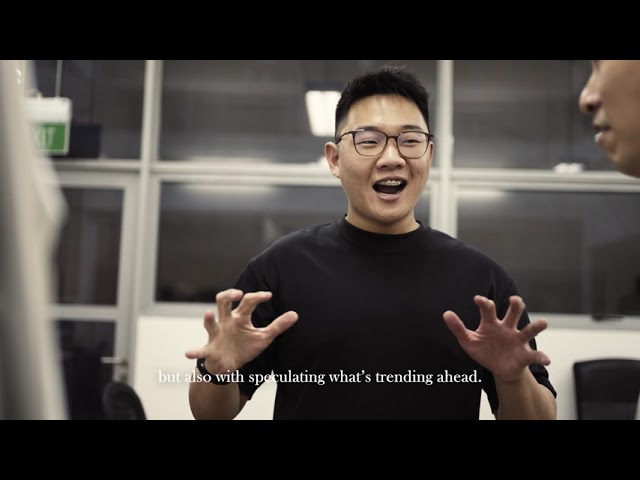
Highlights
Explore our highlights
Singapore Interior Design Awards
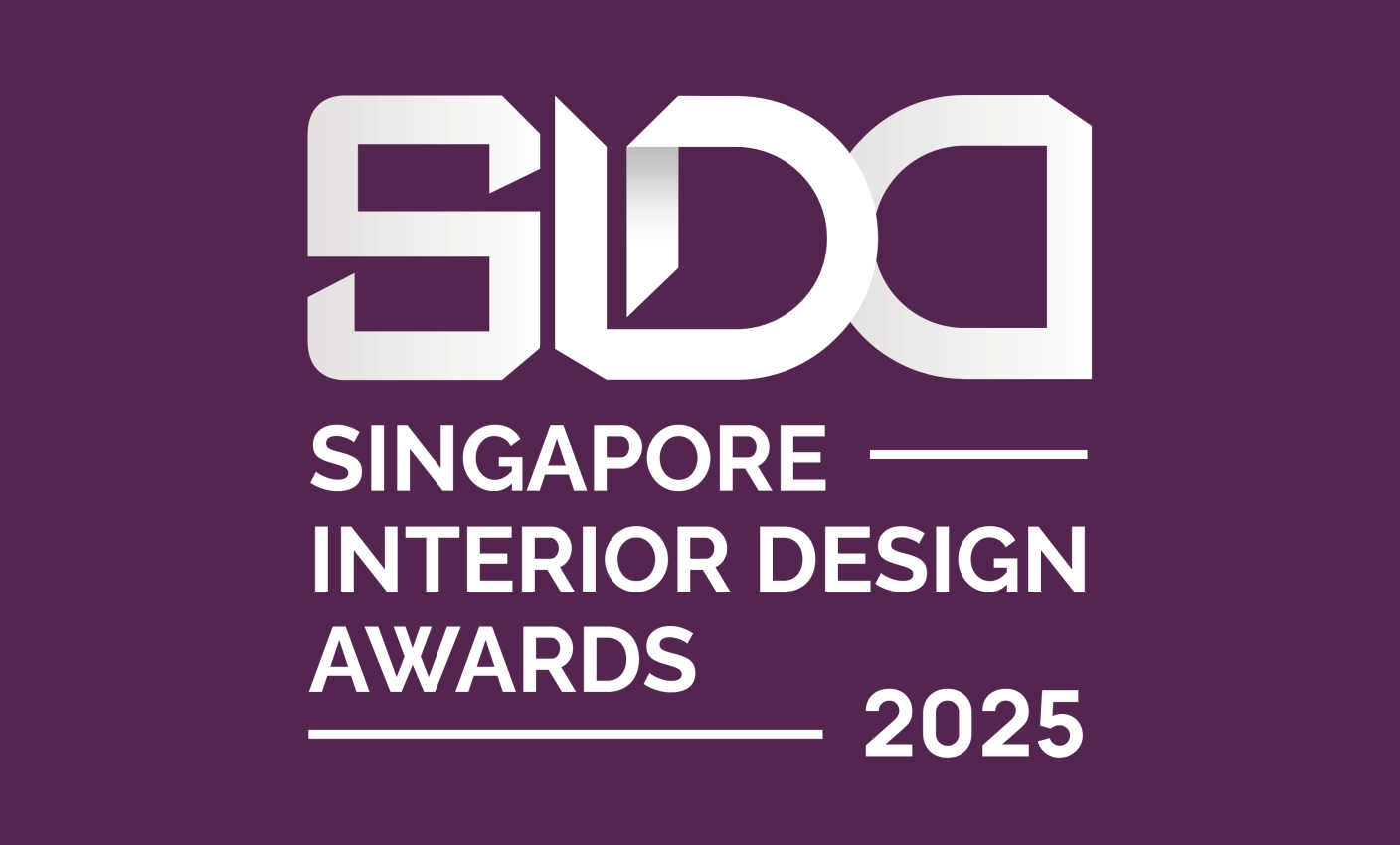
The James Dyson Award
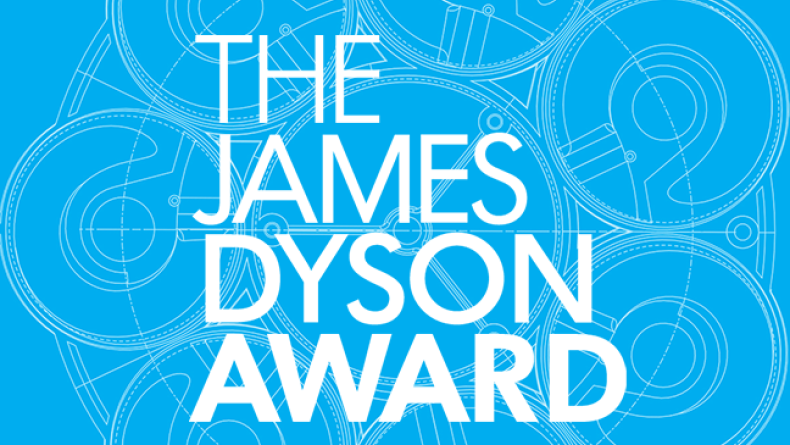
Cumulus Green awards

Design Excellence Awards
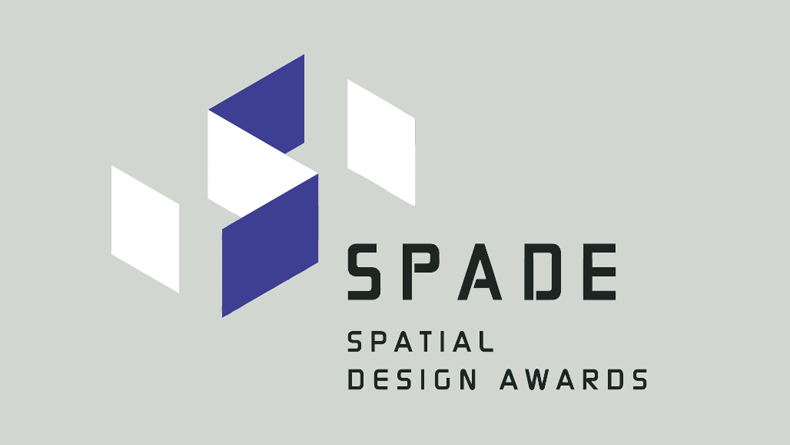
Asia Young Designer Award
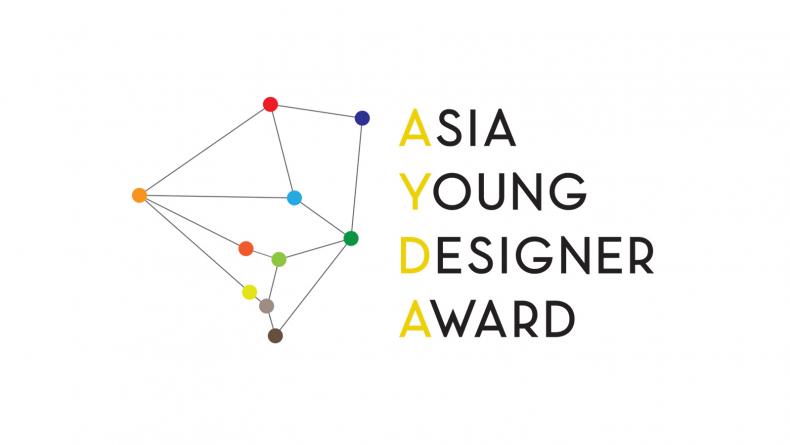
Faculty
Campus tour
